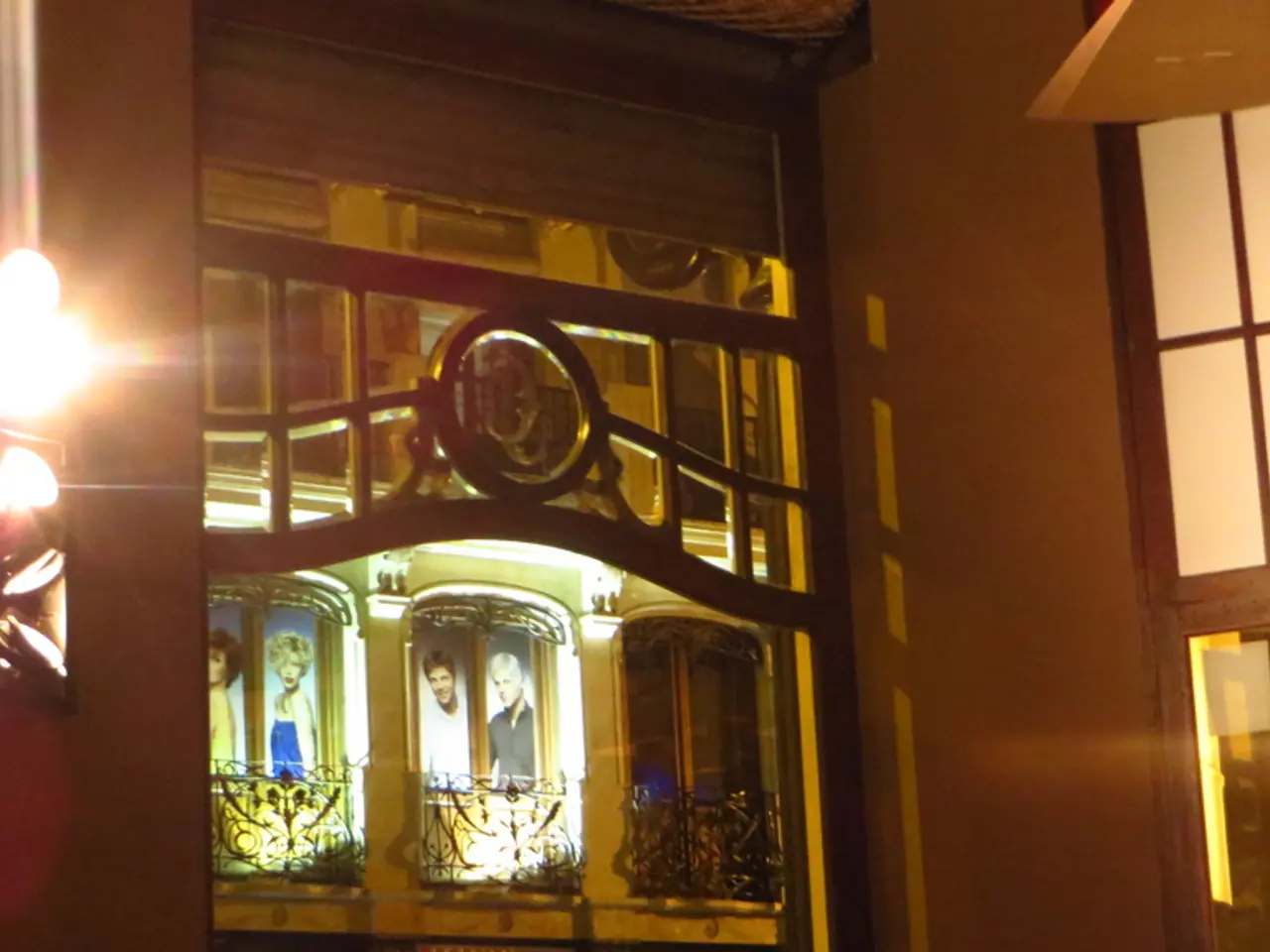Will Ms. Vogt confirm whether the Bremen steel factory remains a salvageable venture?
In a surprising turn of events, ArcelorMittal, the operator of the Bremen Steelworks, has announced the cancellation of its plans for a climate-friendly conversion of the plant, which was set to significantly reduce CO2 emissions and align with Bremen's ambitious climate goals. The project, initially scheduled for commissioning by 2026, was projected to cost around €2.5 billion, with €1.3 billion in public funding.
The proposed technology, a direct reduction plant (DRI) coupled with electric arc furnace (EAF) technology, aimed to transition from natural gas to green hydrogen. However, ArcelorMittal has cited unprofitability under current market conditions and the inability to secure sufficient subsidies as the reasons for the cancellation. As a result, the Bremen project will not proceed as planned in the near term.
The news has sparked concern among local leaders, including Senator Kristina Vogt, who has yet to reveal her detailed stance on the matter. However, the German government and finance minister Lars Klingbeil have proposed a "steel summit" to explore future prospects for green steel production in Germany, involving companies, trade unions, and state governments.
The cancellation of the Bremen project has raised questions about Bremen's ability to achieve its climate goals. Bremen aims to be climate-neutral by 2038 and must significantly reduce greenhouse gas emissions by 60% by 2030 compared to 1990. The Bremen Senate has reaffirmed its commitment to these goals, acknowledging the challenges but expressing confidence in their achievability.
Rising CO2 levies are making current forms of steel production unprofitable, forcing the industry to rethink its strategies. ArcelorMittal, which is making high profits from the Bremen steelworks, is likely not eager to give it up. In a statement, the company referred to the situation as a "wake-up call to politics."
Senator Kristina Vogt believes that while the cancellation may not trigger an immediate domino effect, quick favorable industrial electricity prices are needed to prevent further damage. The focus has now shifted away from Bremen to other locations with better energy and economic conditions, though green steel remains a strategic priority for Germany overall.
Decisions at the federal level, such as the industrial electricity price, are crucial for Bremen's climate goals. As the steel industry grapples with profitability issues and the transition to green steel, it remains to be seen how these challenges will be addressed and whether Bremen can remain on track to achieve its climate goals.
- The cancellation of the climate-friendly conversion project for ArcelorMittal's Bremen Steelworks by the company, despite its potential for significant CO2 emissions reduction, has raised concerns about Bremen's ability to meet its climate goals.
- Senator Kristina Vogt, among other local leaders, has expressed worry about the potential impact of the cancelled project, particularly the need for quick favorable industrial electricity prices to prevent further damage.
- In response to the cancellation, the German government and finance minister Lars Klingbeil have proposed a "steel summit" to explore future prospects for green steel production, involving key stakeholders such as companies, trade unions, and state governments.
- As the steel industry, including ArcelorMittal, faces profitability issues while transitioning to green steel, the discussions at the steel summit are crucial in addressing these challenges and ensuring Bremen's ability to achieve its climate goals.
- Radio Bremen, in the context of the mixed news on the Bremen Steelworks' climate-friendly conversion project, may cover the upcoming steel summit as an opportunity to discuss the future of the environmental-science sector, including finance, energy, and business aspects, as well as the role of politics in shaping the industry's trajectory.




